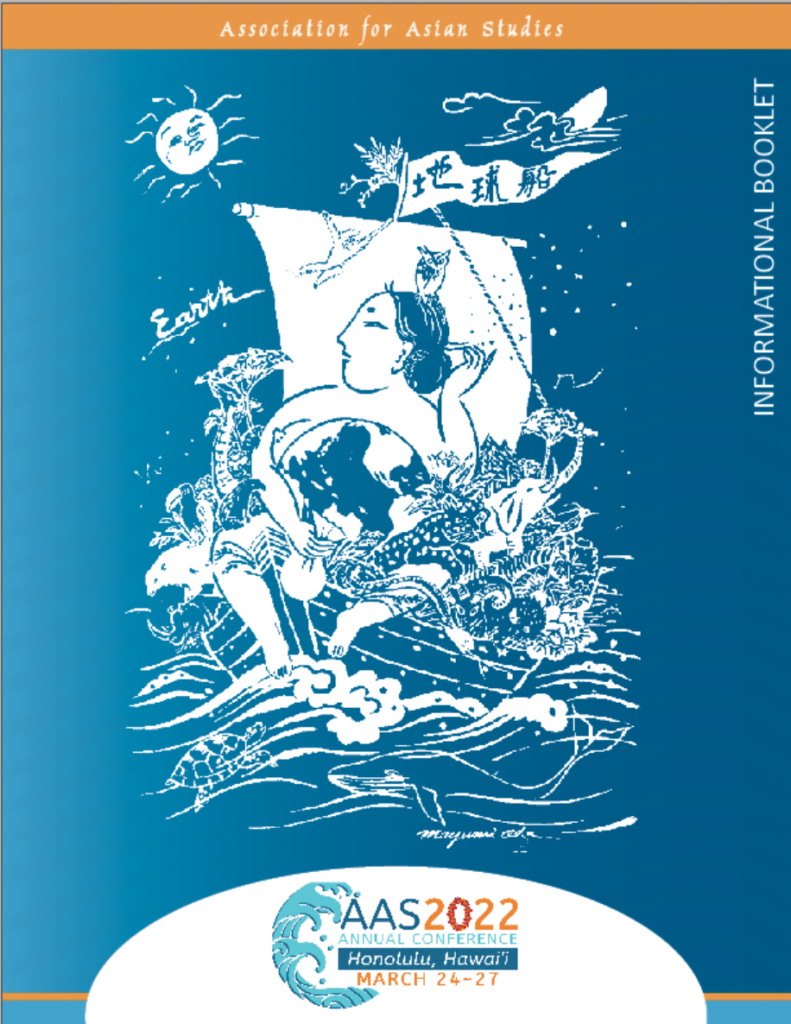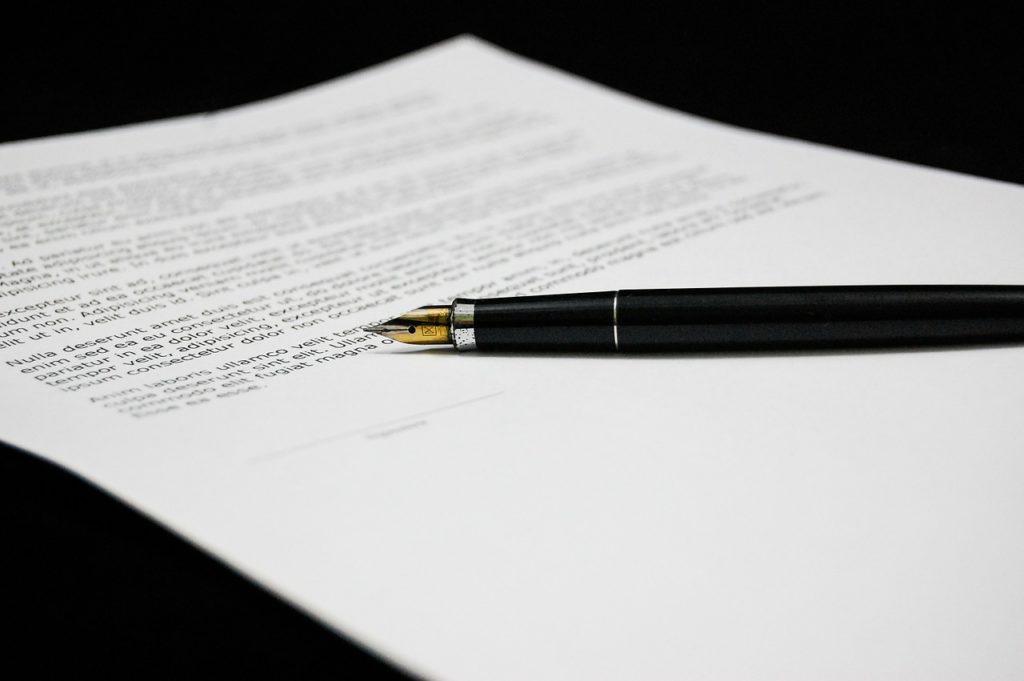
The Board of Directors of the Association for Asian Studies, AAS Secretariat staff, and I would like to thank individuals and groups who contributed to the 2024 Annual Conference in Seattle. We are thrilled that 3,138 attendees (including 754 students), exhibitors, and staff joined us in Seattle. So many people and organizations helped to make the conference possible, and we are grateful for their time, talent, and assistance.
Thanks first to the 2024 Program Committee: Chair Anne Gerritsen and Vice Chair Durba Ghosh; Tina Chen, Hsiao-Wen Cheng, Howard Chiang, and Guojun Wang (East and Inner Asia); William Fleming, Seung-kyung Kim, and Daniel Smith (Japan and Korea); and Tyrell Haberkorn and Tamara Sears (South and Southeast Asia). This group assembled an outstanding program of over 460 in-person sessions and 49 virtual sessions, plus 49 virtual paper presentations, that formed the foundation of an engaging and productive dual component conference format.
We are grateful to the foundations and organizations that sponsored sessions, participant travel, special events, and plenaries at the Annual Conference: East-West Center, Harvard-Yenching Institute, Henry Luce Foundation, Japan-US Friendship Commission, and Korea Foundation. We would also like to thank our sponsoring exhibitors and partners: AM, East View Information Services, EBSCO, Gale, University of Hawaii Press, and Literature to Life.
Heartfelt thanks go to AAS Film Expo organizers and curators Yuchia Chang and Misumi Sadler with the Center for East Asian and Pacific Studies (CEAPS) at the University of Illinois Urbana-Champaign. Thanks also to the Huong Viet Performing Arts Group for sharing a program of traditional Vietnamese music with our attendees at the Opening Ceremony.
Thank you to the Local Arrangements Committee (LAC) for providing us with tips on local restaurants, transportation, and sites for enrichment in Seattle. We hope everyone was able to enjoy many of the LAC recommendations. For their work, we are grateful to Anand Yang (Chair), Davinder Bhowmik, Paul Carrington, Vivian Chan, Madeleine Dong, Ping Foong, and Hazel Hahn.
Thank you to the following individuals who served as mentors for the AAS 2024 Conference Mentorship Program:
- Jessamyn Abel
- Jonathan Abel
- Emily Anderson
- James Benn
- Mao Chen
- Dora Ching
- Alisa Freedman
- Uma Ganesan
- Sarah Grant
- Ming Dong Gu
- R. Kent Guy
- Rivi Handler-Spitz
- Bret Hinsch
- Joseph Ho
- Xuelei Huang
- June Hee Kwon
- Ji Li
- Sara Liao
- Merlyna Lim
- Hiroko Matsuda
- Micah Muscolino
- Lauren Pfister
- Morgan Pitelka
- Christopher Rea
- Antje Richter
- Danielle Rocheleau Salaz
- Robert Shepherd
- Nianshen Song
- Kristin Stapleton
- Yvon Wang
- Garrett Washington
- Courtney Work
- Ying Zhu
I would also like to thank our Board of Directors, council, and committee members for their commitment to the profession and considerable time devoted to association affairs. We are grateful to 2023-24 AAS President Jean Oi for her leadership. We would like to thank outgoing board members Hy Van Luong, Manan Ahmed, Anne Gerritsen, Eunsook Jung, Sonja Kim, Don Wyatt, and Shellen Wu for their work in supporting preparations for the conference, together with continuing board members Kamran Ali, Joe Alter, Jan Bardsley, Siddharth Chandra, Hyaeweol Choi (2024-25 President), Rebecca Corbett, and Jean Oi. We look forward to collaborating on the upcoming 2025 Columbus conference with those continuing board members, as well as incoming members Nancy Peluso (Vice President), Mitchitake Aso, Charlotte Eubanks, Durba Ghosh, Walter Hakala, Janet Theiss, and Elena Valussi.
I would like to commend our incredible staff, beginning with Director of Conferences and Events Robyn Jones, whose creativity and mastery of conference management brings our conference to new heights every year. Staff members Angela Bermudez (Conference and Events Coordinator), Maura Cunningham (Digital Media Manager), Molly DeDona (Grants Manager), Arlo Johnston (Support Specialist), Joanna Middleditch (Director of Financial Operations), Bill Warner (Membership Manager), Jon Wilson (Publications Manager), Jenna Yoshikawa (Advertising and Marketing Manager), and Julie Ziegelman (Financial Coordinator-SIDA) worked tirelessly in areas such as registration, technology support, exhibits, special and plenary events, and communications. Krisna Uk (Director of Special Initiatives) coordinated support for special sessions and the Keynote Address. In addition, thanks to our wonderful interns, Alexandria Molinari and Anuracti Sharma, for their support in the information booth and with communications.
I would also like to recognize the crucial work of Ricky Hopkins at ConferenceDirect, Scott Okeefe with Levy Show Service, Brock Westphal with Expo Logic, and Casey Warford with CloudTouch in ensuring the smooth running of the Annual Conference. We greatly appreciated the work of Michol Whitney from KiddieCorp Childcare, and Alan and Roxanne Alabastro from Alabastro Photography for providing their services during the conference.
Last—but not at all least—I want to thank all of you for your participation in the Association for Asian Studies 2024 Annual Conference. Whether you attended virtually or in person, or both, you participated in a gathering of nearly 3,500 Asianists worldwide. Regardless of medium, the act of coming together, sharing our work, and exchanging ideas is a testament to our strength as a community. We are grateful for your ongoing support!
I want to remind you that the post-conference survey is available until March 29 for all attendees to complete. Hearing about what went well and what needs work is essential for us to provide ever-stronger programs for you. Thank you, in advance, for taking the time to do this. And, please keep in mind that the online conference offerings will be up until March 31. Thank you!





